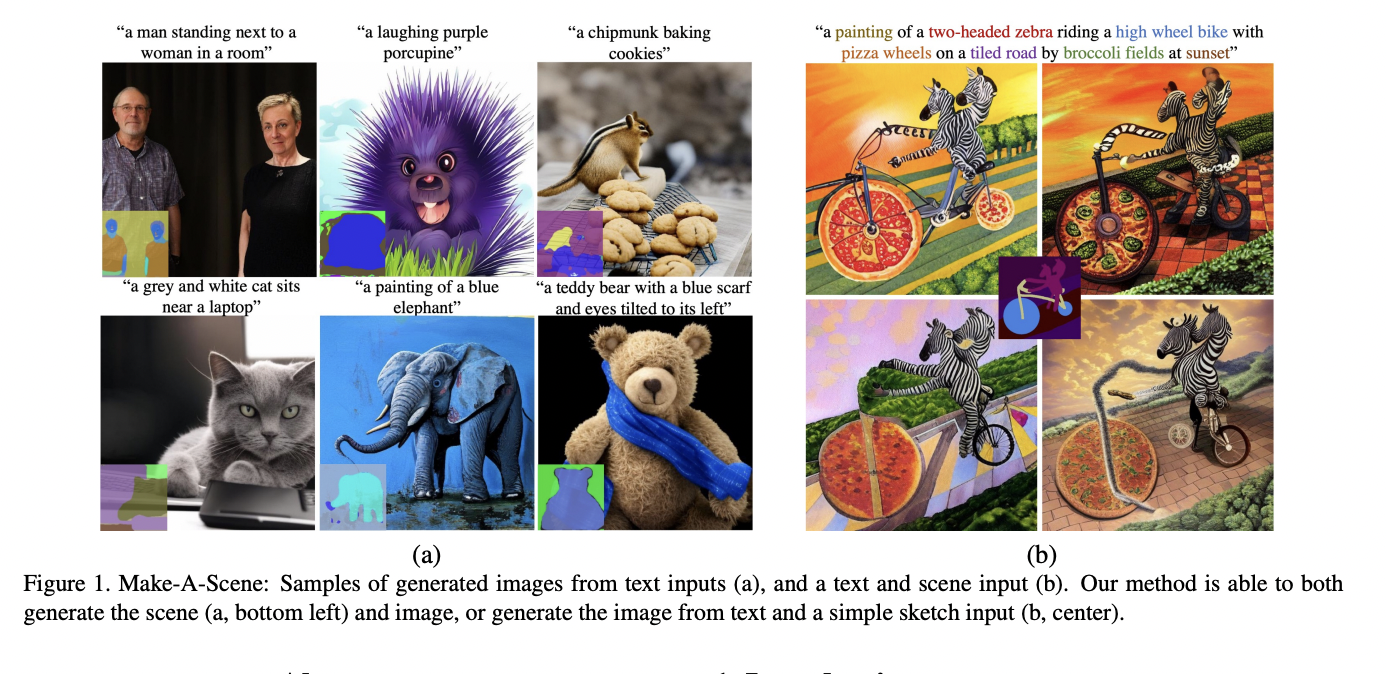Meta AI Research Pinpoints 'Sweet Spot' in Prompt Complexity for Text-to-Image Models

New research from Meta AI has unveiled critical insights into optimizing text-to-image (T2I) generation, identifying a "sweet spot" for prompt complexity that significantly enhances image quality, diversity, and faithfulness. The paper, titled "The Intricate Dance of Prompt Complexity, Quality, Diversity, and Consistency in T2I Models," highlights that neither overly simple nor excessively detailed prompts yield the best results from T2I models. This finding offers a crucial guideline for prompt engineering.
AI researcher Rohan Paul recently announced the findings, stating, "Great new @AIatMeta paper shows how prompt complexity controls quality, diversity, and faithfulness in text to image generation." The study, authored by Xiaofeng Zhang, Aaron Courville, Michal Drozdzal, and Adriana Romero-Soriano, systematically investigates how prompt detail influences synthetic image utility. It concludes that moderately complex prompts strike the optimal balance.
The researchers explain that overly simplistic prompts often lead to T2I models struggling with interpretation, as they lack sufficient contextual information to accurately render desired concepts. Conversely, excessively detailed prompts can cause models to lose diversity and accuracy, as they "struggle to follow every single instruction inside the long prompt," according to Paul's tweet. This leads to a reduction in both the variety of generated images and their adherence to the full prompt.
A key innovation presented in the paper is "prompt expansion," a technique where a separate language model rewrites an initial prompt into multiple, more elaborate versions. This method has been shown to boost both the aesthetic quality and the diversity of generated images, particularly when paired with advanced guidance techniques. The authors test various datasets and measure image quality, variety, and prompt match, finding that prompt expansion consistently achieves high performance in diversity and aesthetics.
This Meta AI research, available on arXiv, provides a robust evaluation framework for comparing synthetic and real data utility across diverse datasets like CC12M, ImageNet-1k, and DCI. The findings underscore the importance of structured prompting, aligning with Meta's broader strategy to minimize ambiguity and define clear formats for interacting with large language and multimodal models, ensuring consistent and interpretable results in AI applications.